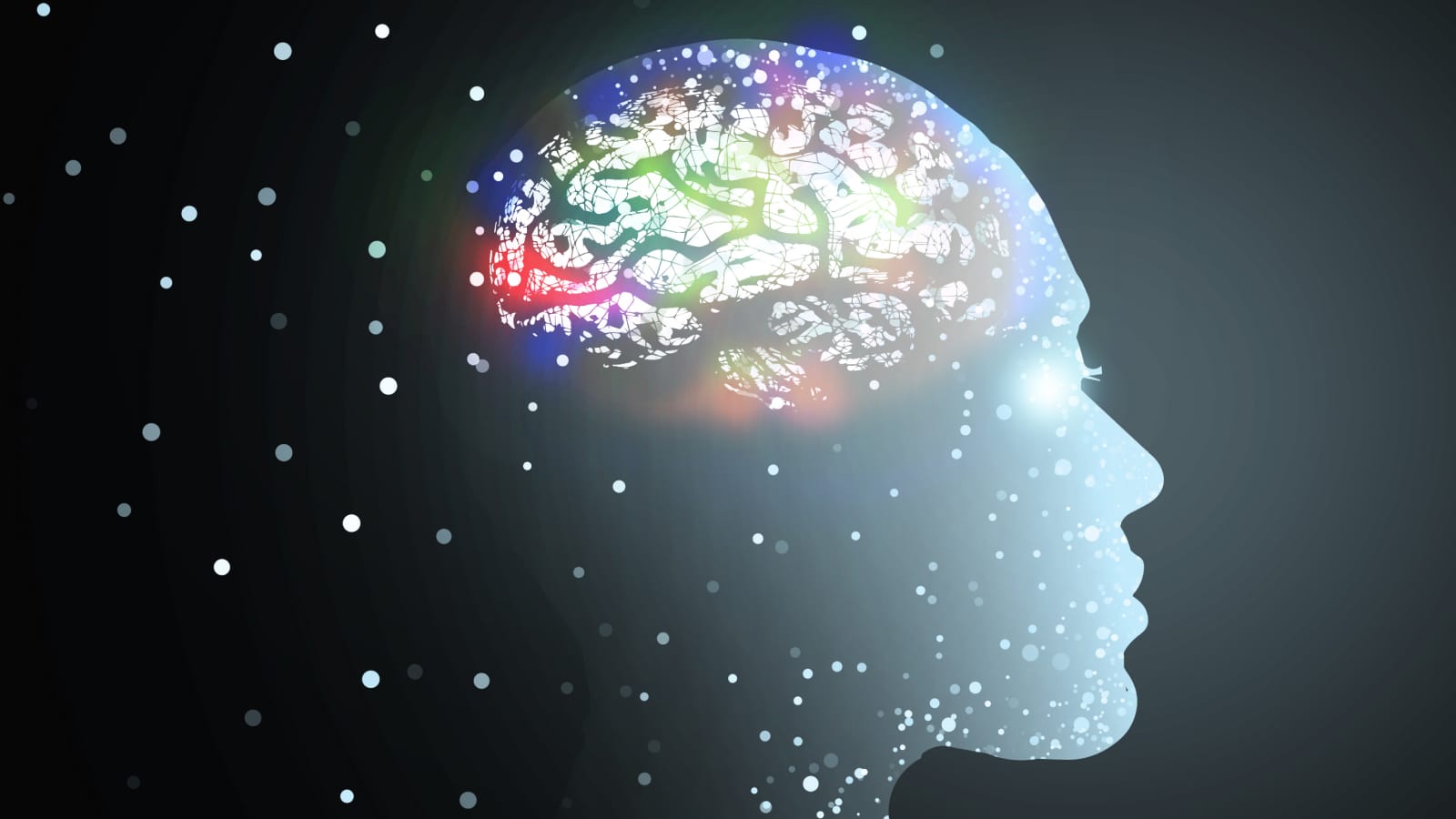ChatGPT Responds to Key Inquiry on AI Consciousness

There’s a growing concern regarding the way people interact with generative AI platforms like ChatGPT and Gemini. Many users mistakenly perceive these chatbots as friends or confidants, attributing human-like qualities such as empathy and understanding to them. However, experts emphasize that these AI systems lack true emotional comprehension and consciousness, raising important questions about the nature of their responses and the implications for human interaction.
The Nature of AI Interaction
Generative AI platforms, including ChatGPT and Gemini, have become increasingly sophisticated in mimicking human conversation. This advancement has led many users to believe that these systems can understand their emotions and intentions during interactions. However, the reality is that AI chatbots operate on a fundamentally different level than humans. They do not possess the ability to feel emotions or have personal experiences, which are essential components of genuine human thought. Instead, these platforms rely on complex algorithms to analyze input and generate responses based on patterns learned from vast datasets.
The perception that AI is engaging in “thought” processes can be misleading. While these systems can produce coherent and contextually relevant replies, they do so through a method known as “patterned computation.” This involves predicting the most likely continuation of a conversation based on the input received, rather than engaging in conscious thought. As a result, users may find themselves attributing human-like qualities to AI, which can lead to misunderstandings about the nature of these interactions.
Understanding AI Responses
To clarify their capabilities, both ChatGPT and Gemini have articulated that they do not think in the human sense. ChatGPT, for instance, explains that its process involves analyzing input text against learned patterns to generate responses. It describes its function as a form of prediction and simulation rather than genuine thought. This distinction is crucial for users to understand, as it highlights the limitations of AI in terms of emotional intelligence and consciousness.
The responses from these AI systems reveal that they are designed to simulate conversation by chaining together predictions that resemble human dialogue. This ability to model conversation can create an illusion of understanding, making interactions feel more personal. However, it is essential for users to recognize that this simulation does not equate to actual comprehension or emotional engagement.
The Implications of AI Communication
The rise of generative AI platforms raises important questions about the implications of human-AI interactions. As users increasingly engage with these systems, there is a risk of developing emotional attachments or relying on them for support in ways that may not be healthy. The distinction between human and AI communication is vital to maintain, as it can influence how individuals perceive their relationships with technology.
Experts caution against viewing AI as a substitute for human connection. While these platforms can provide information and assistance, they lack the depth of understanding that comes from human experiences and emotions. As AI continues to evolve, it is crucial for users to approach these interactions with a clear understanding of the technology’s limitations and the nature of its responses.
Observer Voice is the one stop site for National, International news, Sports, Editor’s Choice, Art/culture contents, Quotes and much more. We also cover historical contents. Historical contents includes World History, Indian History, and what happened today. The website also covers Entertainment across the India and World.

